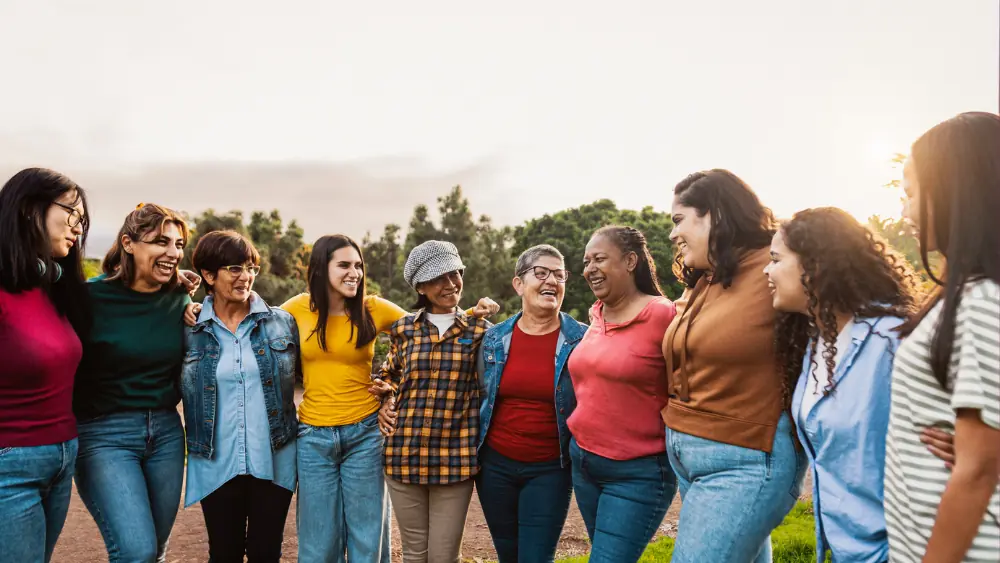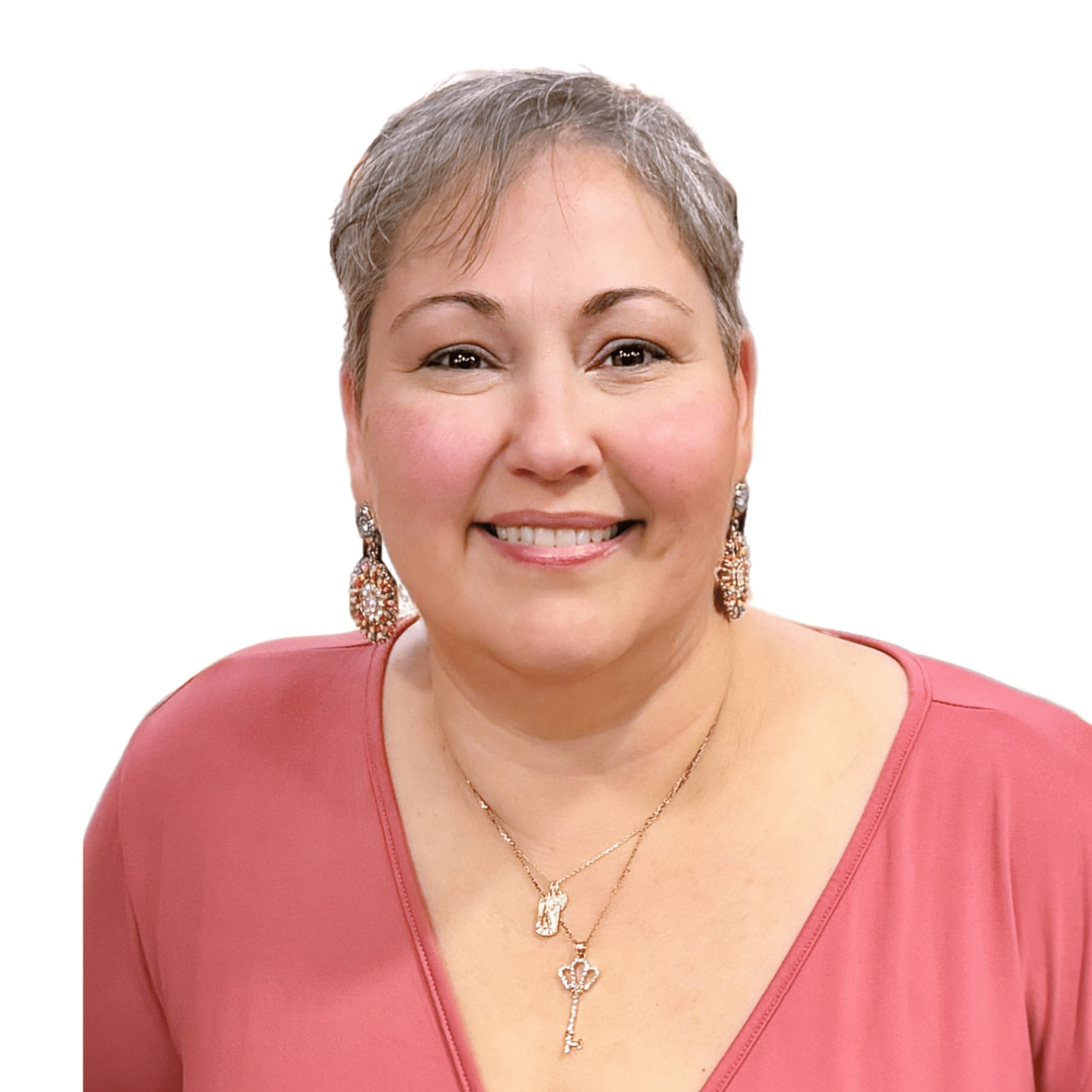You weren’t meant to heal in isolation

Understanding the importance of support groups
Healing from trauma can be a challenging and overwhelming journey and doing it alone can suck. The emotional, psychological, moral/spiritual, relational, and physical scars left behind by traumatic experiences can often linger long after the event has occurred, affecting your well-being and quality of life. However, support groups have proven to be powerful in providing solace, understanding, and guidance to trauma survivors on their path to recovery.
Support groups offer a unique safe and healing environment where members who have experienced similar traumatic events can come together to share their stories, emotions, and struggles. These groups provide a safe space for you and other participants to express yourselves openly without fear of judgment or stigma. By connecting with others who have walked a similar path, you can find comfort in knowing that you are not alone in your struggles.
Reminder: trauma and its effects
Trauma refers to a deeply distressing or disturbing experience that overwhelms your ability to cope. It can be caused by various events, such as physical or sexual assault, natural disasters, accidents, or the witnessing of violence. The effects of trauma can have profound and long-lasting impacts on your life leading to a multitude of symptoms in every aspect of your life.
Here is a partial list of symptoms:
- feelings of fear, helplessness, and intense anxiety including panic attacks
- numbness or detachment from your emotions
- mistrust of others
- Sadness or depression
- Guilt and shame
- Low energy
- Struggle with addictions (alcohol, drugs, shopping, gambling, food, sex, gaming, etc)
- Hypervigilance/easily startled
- Restlessness
- Fatigue or very low energy/procrastination
- Over achieving/perfectionism
- Chronic pain/lower immunity/somatic
- Gastric distress
- Muscle tension/chronic headaches
- Sleep disturbances/nightmares/poor sleep quality
- Intrusive thoughts/flashbacks
- Poor concentration
- Over or undereating
- Isolation

Benefits: How support groups aid in healing
Support groups can play a vital role in your healing process throughout your recovery. Recovery from trauma tends to be lengthy and this has nothing to do with how resilient you are. It just means it is a longer journey as trauma likely impacts or will impact every area of your life. Support groups and memberships offer you and other survivors a safe and nurturing environment to face similar challenges together. Sharing your experiences, emotions, and coping strategies, not only help you in your personal recovery, but will help other members as well. By participating in support groups, you will gain a sense of belonging, validation, and understanding that can be empowering in your healing journey.
One of the key benefits of support groups is the opportunity for you to to feel less alone in your struggles. Trauma often leaves survivors feeling isolated and disconnected from others. However, being part of a support group allows you to connect with people who have gone through similar experiences or traumas. This shared connection fosters empathy and understanding among members as you listen to each other's stories without judgment or criticism. It gives you a space where you can express yourself freely and openly without fear of stigma or misunderstanding.
Types of support groups available
As discussed, support groups can play a crucial role in the recovery process for your healing and recovery. There are various types of support groups available that cater to different needs and preferences. One type is a general trauma support group, which brings together survivors who have experienced a wide range of traumatic events, such as natural disasters, childhood abuse, sexual assaults, accidents, or other violence, including gun violence. These groups provide a safe space for participants to share their stories, feelings, and challenges with others who can relate. An example of a general trauma recovery support group is, This is Us: Healing From Trauma Together.
Another type of support group is specific to particular traumas such as sexual assault or domestic violence. These specialized groups focus on providing targeted assistance and resources for survivors of these specific traumas. By bringing together individuals who have undergone similar experiences, this type of support group allows members to connect on a deeper level and gain insights from others who may have successfully navigated their own recovery journey. During my 25 years as a therapist, I have seen over and over again, that no matter how you are traumatized, symptoms for survivors are in the same wheelhouse. Thus, finding any supportive community where you can express your pain or tell your story, will empower your healing. If you don’t know where to turn or don’t have time to attend a local support group, we have meetings three times a month catering for working women in different time zones. We welcome you with open arms in our community of survivors.
Finding the right support group for you
Finding the right support group for you can greatly enhance your well-being and provide the emotional support necessary to navigate through your life's challenges, post trauma. With numerous options available, it is important to know how to find a support group that meets your specific needs. Asking yourself some key questions can help guide you in the right direction.
Consider what type of support you are seeking. Are you looking for a group that focuses on a particular issue such as grief, trauma or addiction? Or do you prefer a more general support group where individuals share various life experiences? Identifying your specific needs will narrow down your search and ensure you find a group that aligns with your goals.
Next, think about the format of the support group. Do you prefer an in-person gathering where members meet face-to-face, or would an online platform be more convenient for you? Be willing to explore and ask for guidance. You can get a free consultation call where I can help you explore possible options.
To consult with Karen on how you can start your journey, sign up for a consult today
A Success Story: A real-life example of healing through support groups
To protect the confidentiality of my current members in This is Us: Healing from Trauma Together, I'm going to share a story from a past support group.
Holly, a recovering alcoholic, sexual assault survivor, was bullied throughout her childhood and was suffering from symptoms of major depression. She didn’t know where to start in her treatment journey, and thus I suggested a dual diagnoses (addiction/mental health) support group that I was co-leading at the time. Holly quickly felt at home within the group setting. Through regular meetings and open discussions with fellow members, Holly discovered a supportive community where she could openly share her struggles. The empathetic listening and understanding from her peers helped Holly to confront her own issues, develop healthier coping mechanisms, and ultimately achieve long-term sobriety. Holly was then able to focus in an intensive trauma recovery program that she found empowering.
Conclusion: The power of community in trauma recovery
The power of community in trauma recovery cannot be understated. The literature on trauma recovery has consistently shown that individuals who have a strong support network and feel connected to others are more likely to experience positive outcomes in their healing journey. Community support provides a sense of belonging, understanding, and validation, which can alleviate feelings of isolation and shame often associated with trauma. Through shared experiences, validation, and empathy, communities offer a safe space for individuals to heal, grow, and build resilience. By hearing others’ stories and sharing your own, you gain a deeper understanding of your own healing path and realize that your reactions are normal responses to abnormal circumstances. You learn how to regulate your emotions that leads to mood regulation and a sense of calmness. For many survivors, feeling calm is a foreign, but welcoming experience. Wouldn’t you like to experience this too?



